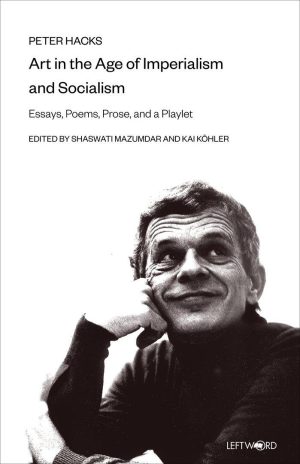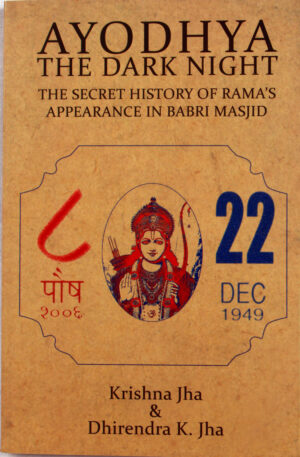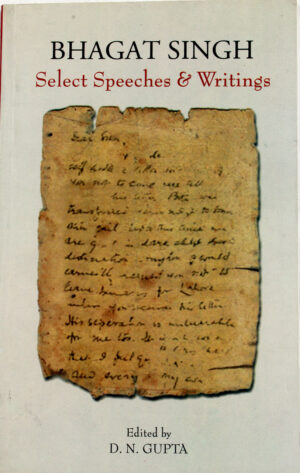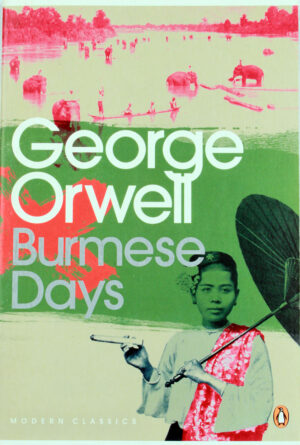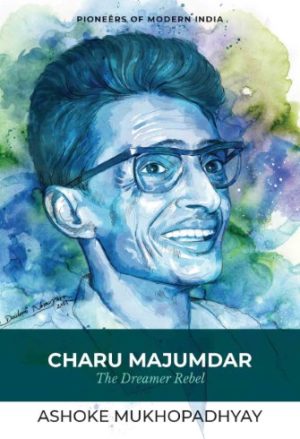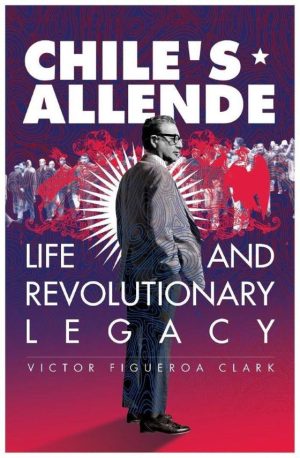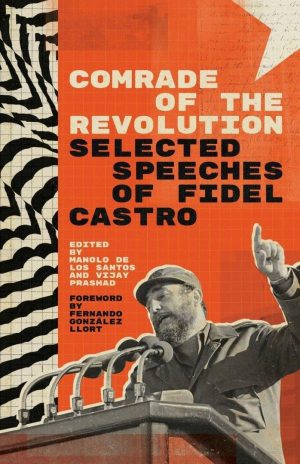SHOP
Fluent’s shop can be set to full-width, boxed.
It may have a left or right sidebar. You can set the number of columns the orientation of rows and…
Filter
‘Angela Davis swings a wrecking ball into the racist and sexist underpinnings of the American prison system’—Cynthia McKinney, former Congresswoman, US.
Davis’ central point is worth studying and bringing to the foreground in the prison reform movement. She argues that prisons do not solve crime. Within the last two decades the prison boom simply has intensified the criminalization of certain types of behavior, rather than having brought official crime rates down.—http://www.politicalaffairs.net
Georgy Valentinovich Plekhanov, 1857–1918, a Russian revolutionary and founder of Marxism in Russia and known as the “Father of Russian Marxism.” His best works in the fields of history, philosophy, aesthetics, social and politics, especially the philosophy of historical materialism, were contributions that very valuable for the development of scientific thought and progressive culture.
Publisher: Aakar Books (1869)
As the trespassers walked towards the mosque, the muezzin […] jumped out of the darkness. Before the adversaries could discover his presence, he dashed straight towards Abhiram Das, the vairagi who was holding the idol in his hands and leading the group of intruders. […] The sadhu quickly freed himself and, together with his friends, retaliated fiercely. Heavy blows began raining from all directions. Soon, the muezzin realized that he was no match for the men and that he alone would not be able to stop them. 22 December 1949: A conspiracy that began with the assassination of Mahatma Gandhi culminated in the execution of the Ayodhya strategy. Late that night, a little-known sadhu, Abhiram Das, and his followers entered the Babri Masjid and planted an idol of Rama inside it. While it is known that the Hindu Mahasabha had a role in placing the idol in the mosque, the larger plot and the chain of events that led to that act have never been subject to rigorous scrutiny. Through intrepid research and investigation, Krishna Jha and Dhirendra K. Jha bring together the disparate threads of the buried narrative for the first time. Through a series of first-hand interviews with eyewitnesses and the unearthing of archival material, the authors take us behind the scenes to examine the motivations and workings of the Mahasabha members who pulled the strings. They also examine the liaison between Mahasabhaites and Hindu traditionalists in the Congress – an association that Jawaharlal Nehru sought to break in his cautious battle with Sardar Vallabhbhai Patel and the right-wing forces. Ayodhya: The Dark Night uncovers, in vivid detail, what really transpired on the fateful night that was to leave a permanent scar on the Indian polity.
2009–2012 War has spread from India’s borders to the forests in the very heart of the country. Here are four essays by Arundhati Roy including the heatedly debated ‘Walking with the Comrades’ that combines a clear-eyed, analytical overview with extraordinary reportage from the ground of the Maoist guerrilla zone and her most recent essay, ‘Capitalism: A Ghost Story’. Broken Republic examines the nature of progress and development in the emerging global superpower, and asks some fundamental questions about the real meaning of civilization itself.
Burmese Days is a novel by English writer George Orwell. It was first published in the United Kingdom in 1934. It is a tale from the waning days of British colonialism, when Burma was ruled from Delhi as a part of British India – “a portrait of the dark side of the British Raj.” At its centre is John Flory, “the lone and lacking individual trapped within a bigger system that is undermining the better side of human nature.” Orwell’s first novel, it describes “corruption and imperial bigotry” in a society where, “after all, natives were natives—interesting, no doubt, but finally…an inferior people”.
Che Guevara: A Biography provides an introduction to the famous revolutionary leader and reveals how his early life prepared him for leadership in the Cuban Revolution.
Krishna Sen “Comrade Ichchhuk” (19 October 1956 – 27 May 2002) was a progressive Nepalese journalist. He was killed in police custody during the Maoist insurgency in Nepal. Sen was the editor of Janadisha, a pro-Maoist vernacular weekly newspaper.
Artist : Preejal Silakar
Medium : Digital Painting
Print Dimension : 12in X 12in
Frame Dimension : 18in X 18in
Frame Material : Wood and Glass
Frame Color : Black
Mounting : White
Paper : Ivory paper 300GSM
Lines written in the art :
हाम्रा स्वरहरूमा प्रतिबन्ध लगाउँदै
हाम्रा ओठहरूमा ताल्चा झुन्ड्याउँदै
तिमी भन्छौ- गाउन त गाऊ
तर यो गीत नगाऊ
हामी भने त्यही गीत गाइरहन्छौँ ।
हाम्रा विचारमा प्रतिबन्ध लाउँदै
हाम्रा हातहरूमा हत्कडी पहि-याउँदै
तिमी भन्छौ- लेख्न त लेख
तर यो गीत नलेख
हामी भने त्यही गीत लेखिरहन्छौँ ।
Krishna Sen “Comrade Ichchhuk” (19 October 1956 – 27 May 2002) was a progressive Nepalese journalist. He was killed in police custody during the Maoist insurgency in Nepal. Sen was the editor of Janadisha, a pro-Maoist vernacular weekly newspaper.
Artist : Preejal Silakar
Medium : Digital Painting
Print Dimension : 12in X 12in
Paper : Ivory paper 300GSM
Lines written in the art :
हाम्रा स्वरहरूमा प्रतिबन्ध लगाउँदै
हाम्रा ओठहरूमा ताल्चा झुन्ड्याउँदै
तिमी भन्छौ- गाउन त गाऊ
तर यो गीत नगाऊ
हामी भने त्यही गीत गाइरहन्छौँ ।
हाम्रा विचारमा प्रतिबन्ध लाउँदै
हाम्रा हातहरूमा हत्कडी पहि-याउँदै
तिमी भन्छौ- लेख्न त लेख
तर यो गीत नलेख
हामी भने त्यही गीत लेखिरहन्छौँ ।
Crime and Punishment is a novel by the Russian author Fyodor Dostoevsky. It was first published in the literary journal The Russian Messenger in twelve monthly installments during 1866. It was later published in a single volume. It is the second of Dostoevsky’s full-length novels following his return from 5 years of exile in Siberia. Crime and Punishment is considered the first great novel of his “mature” period of writing.
Culture and Imperialism is a 1993 collection of essays by Edward Said, in which the author attempts to trace the connection between imperialism and culture in the 18th, 19th, and 20th centuries. It followed his highly influential Orientalism, published in 1978.
Said conceived of Culture and Imperialism as an attempt to “expand the argument” of Orientalism “to describe a more general pattern of relationships between the modern metropolitan west and its overseas territories.






